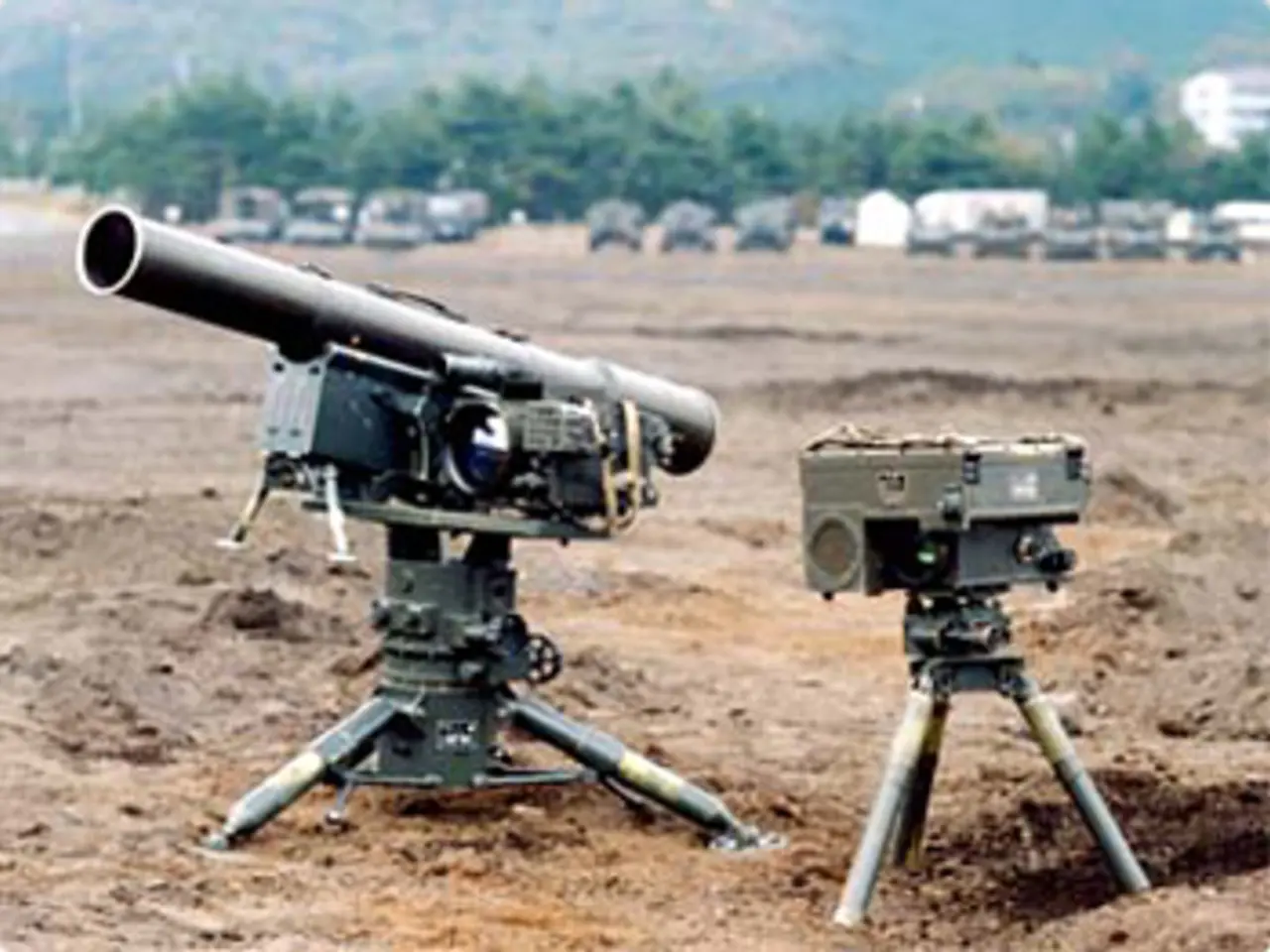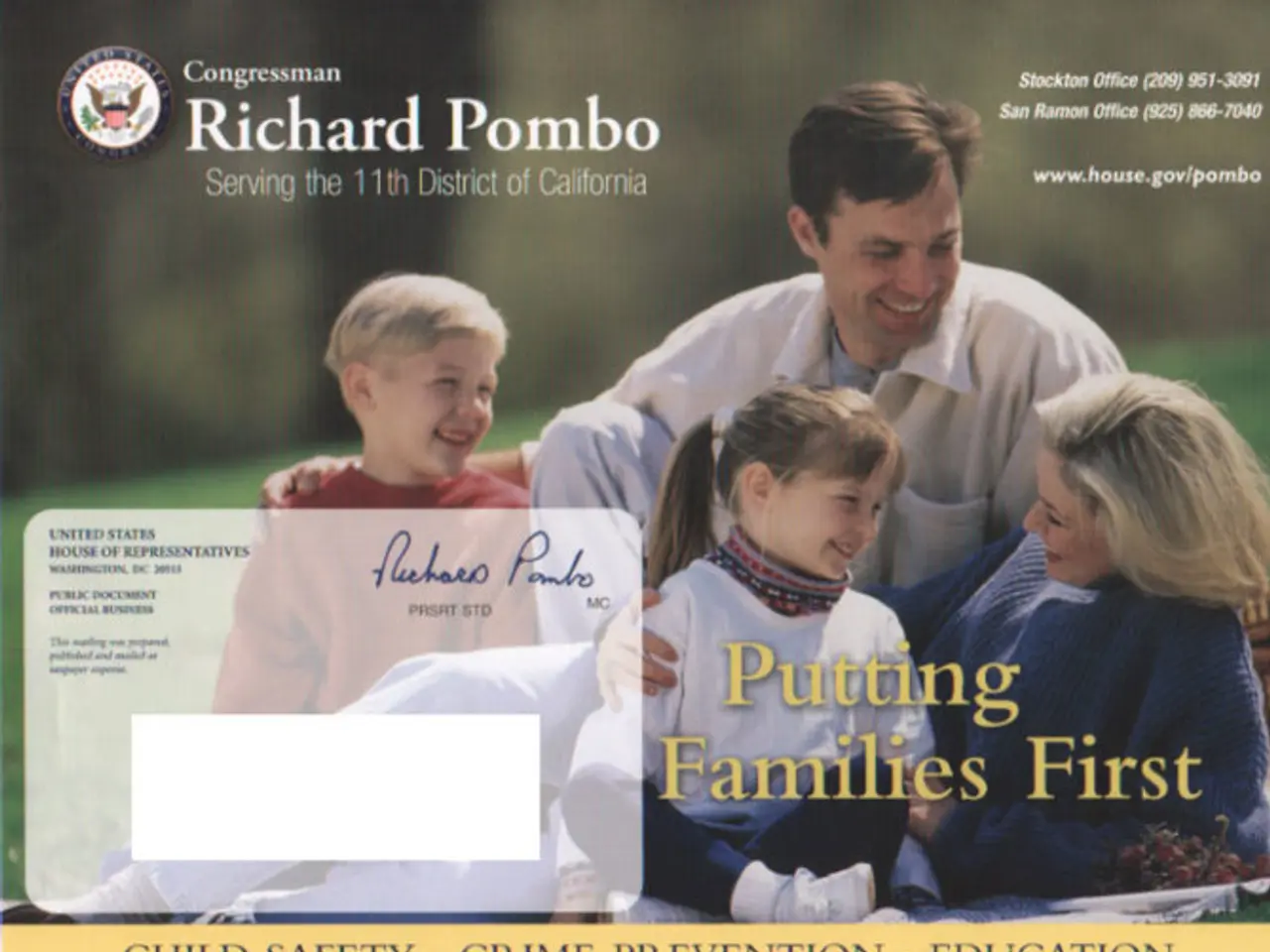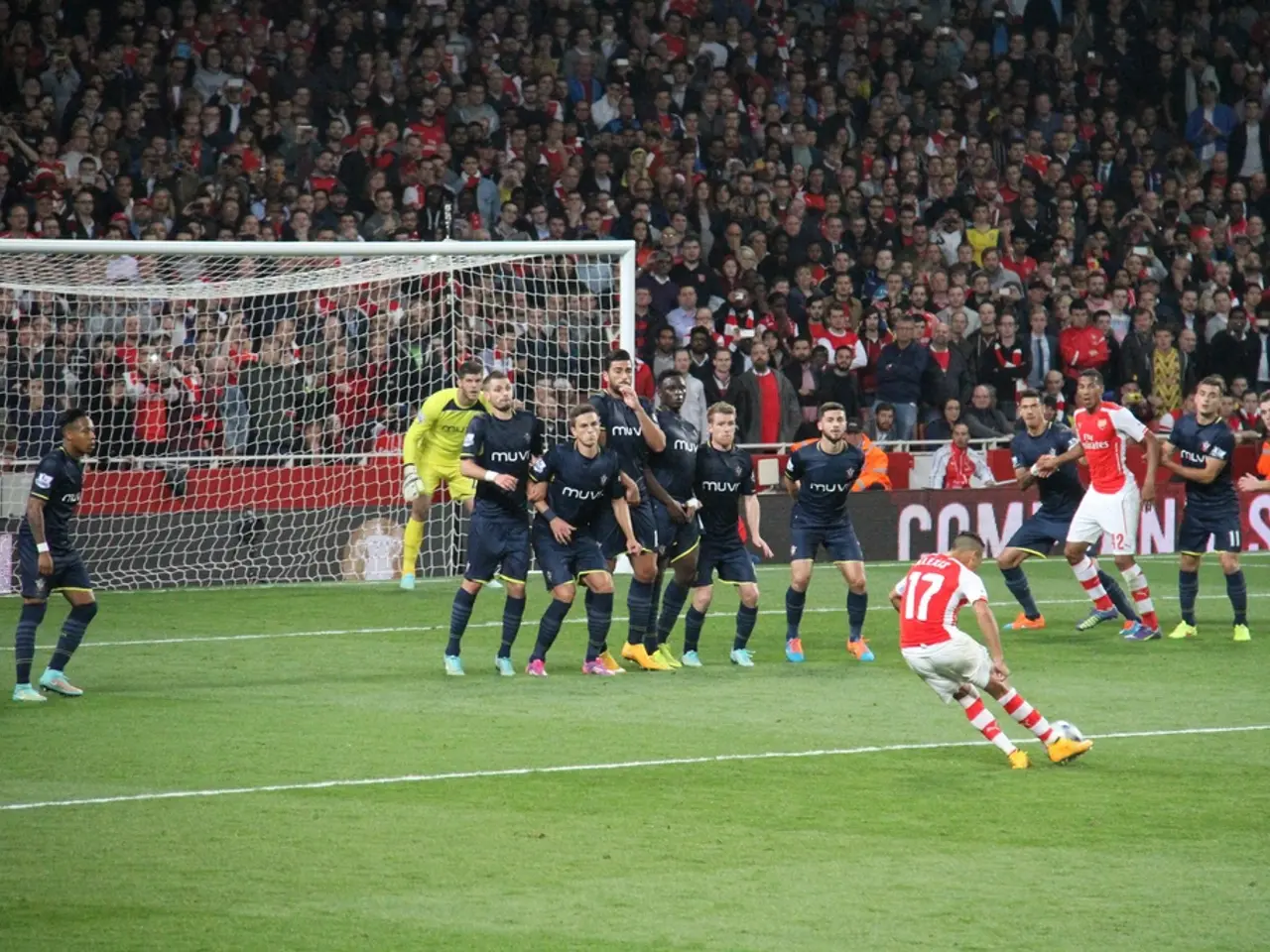Close contest in Polish Presidential Election, Runoff Election Scheduled for June.
The 2025 Polish presidential election runoff, held on June 1st, marked a significant political event with far-reaching implications for Poland's domestic stability and its relationship with the European Union. The runoff featured two prominent candidates: Karol Nawrocki, a conservative and right-wing populist supported by the Law and Justice party (PiS), and Rafał Trzaskowski, the liberal Mayor of Warsaw aligned with the centrist Civic Coalition (KO) and backed by Prime Minister Donald Tusk.
According to an Ipsos exit poll, Trzaskowski captured 30.8% of the vote, while Nawrocki trailed closely with 29.1%. The election, which was tightly contested, was fraught with disputes over vote counting errors and legal challenges pending before Poland’s Supreme Court, raising concerns about election transparency and political tensions.
In a close finish, Nawrocki narrowly won with 50.89% of the vote versus Trzaskowski’s 49.11%, marking the third consecutive victory in presidential elections for a candidate supported by PiS. Nawrocki’s win is seen as a boost for the far-right in Poland and a setback for Tusk’s centrist coalition, which now faces internal divisions and weakened governance prospects.
As a historian and former director of the Institute of National Remembrance with no prior political experience, Nawrocki is expected to use the presidential veto to block Prime Minister Tusk’s plans to liberalize abortion laws and reform the judiciary, reforms demanded by the EU to improve rule of law. His presidency signals a continuation of conservative, nationalist policies aligned with PiS’s agenda, opposing deeper European integration efforts championed by Tusk and Trzaskowski.
The narrow margin and the contested nature of the vote have fueled political polarization and public dissatisfaction, especially amid economic difficulties and the social strain caused by hosting up to 2.5 million Ukrainian refugees. Support for accepting Ukrainian refugees has dropped significantly, from 81% in early 2023 to 50% as of March 2025, reflecting growing social tensions that Nawrocki’s government may leverage for nationalist rhetoric.
Ongoing legal challenges to the election results and allegations of vote-counting irregularities may undermine trust in democratic institutions and contribute to political instability. The presidency, while largely ceremonial, has the power to veto legislation and shape foreign policy. Both camps are seeking to win over supporters of eliminated candidates, and attention now turns to the candidates' strategies for the final round and the alliances they will seek to build in the closing days of the election.
The outcome of the election will shape not only Poland's domestic trajectory but also its role on the European and global stage. If Nawrocki becomes president, the government could be paralyzed, potentially leading to the collapse of the ruling coalition, according to political analyst Anna Materska-Sosnowska. Candidates offered sharply different visions for Poland's role in the region, with Nawrocki advocating for lower taxes, a rollback of EU environmental and migration policies, and a return to traditional values, while Trzaskowski pledged to deepen ties with the European Union, restore judicial independence, and liberalize social policies.
The election has become a referendum on Poland's direction, with the result of the runoff expected to have far-reaching consequences for Poland's domestic stability and its standing in the European Union. More than 29 million Poles were eligible to vote, and turnout was expected to be high. The ongoing war in neighbouring Ukraine and broader European security concerns influenced voters' decisions. In the aftermath of the election, both leading candidates addressed supporters, with Trzaskowski calling for unity and Nawrocki framing the coming vote as a battle for Poland's sovereignty and traditional values. The official results are expected to be announced in the coming days.
- The presidential veto, wielded by Karol Nawrocki, a conservative and newly elected president, could potentially block key government policies such as the liberalization of abortion laws and reforms demanded by the European Union to improve rule of law.
- As the newly elected president, Nawrocki's stance on lower taxes, a rollback of EU environmental and migration policies, and a return to traditional values could shape Poland's relationship with the European Union and its standing on the global stage.
- The narrow and contested election results, along with ongoing legal challenges and allegations of vote-counting irregularities, may impact Poland's domestic stability and public trust in democratic institutions.
- In the aftermath of the election, Polish politics may experience increased polarization, especially amid economic difficulties, social tensions resulting from hosting a large number of Ukrainian refugees, and broader European security concerns.
- The government's response to these challenges, as well as its focus on space exploration and potential tax reforms, could significantly impact Poland's future and its role in the European Union.
- The war in neighbouring Ukraine has played a crucial role in shaping voters' decisions, with domestic and foreign policy implications for both Poland and the European Union.







